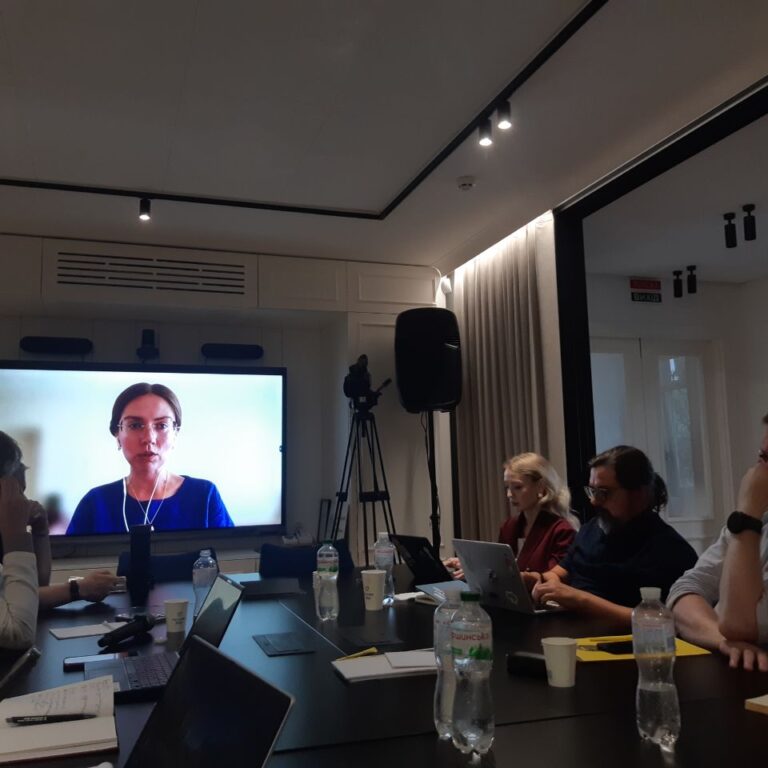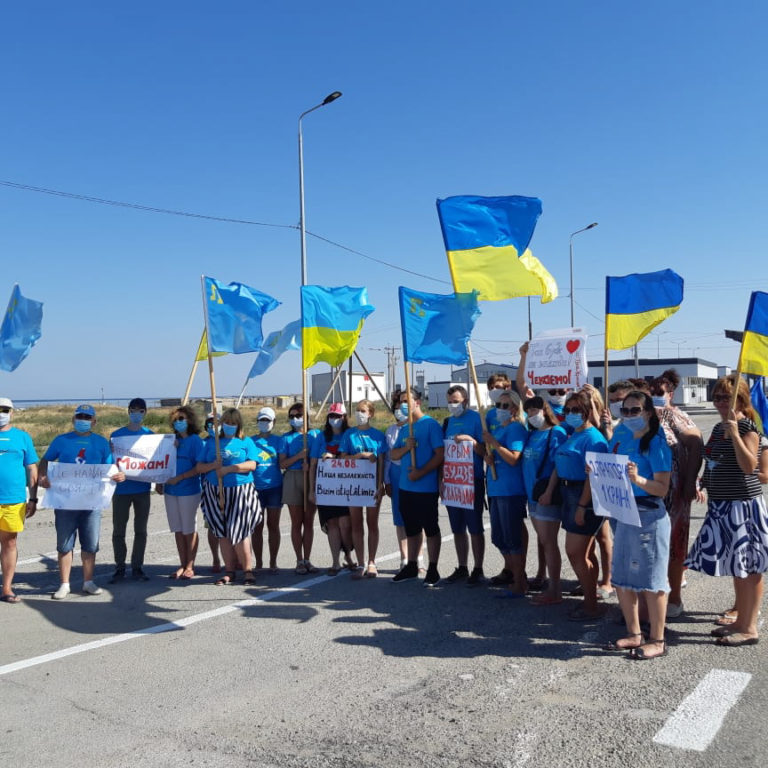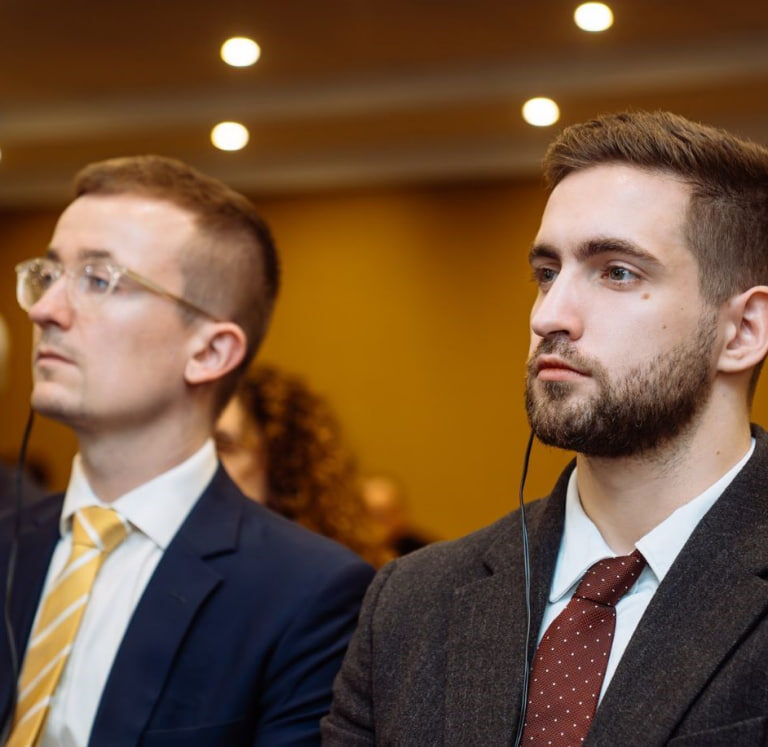In July SETA Foundation for Political, Economic and Social Research published collective monograph “Crimea: from Regional and Global Perspectives” in Ankara, and the goal of editors was to understand the international community’s response to the Russian occupation of Crimea in 2014, as this watershed event can be considered the beginning of the ongoing war in Ukraine, book points.
SETA is a non-profit research institute dedicated to innovative studies on national, regional, and international issues, researching sustainably various issues in Black Sea region.
Monograph contains chapter “Water scarcity in the Crimea and the ecological catastrophe in the Black Sea” prepared by ARC expert professor Borys Babin and this research reflected challenges for environment, caused by Russian illegal occupation of peninsula and reflected in previous analytics of our Association.
As Dr. Babin had pointed on this issue, he wrote this chapter about the “water crisis” in Crimea, which was provoked by the Russian occupiers, and about the environmental challenges from Russian maritime aggression two years ago, based primarily on the research efforts of the ARC.
At that time, his research was to some extent a response to the aggressor’s fake lawsuit against Ukraine at the European Court of Human Rights; expert reminded that in it the Kremlin at the stage of “precautionary measures” asked Strasbourg to oblige Ukraine to restore the supply of water to the occupied peninsula through the North Crimean Canal, and the ECtHR, as expected, refused Russia.
“During these years, a lot of not only water but also blood has flowed, the water is not going to Crimea again through the canal, but because of other criminal acts of the aggressor”, added Dr. Babin and stated that “the European Court will put the final, rather obvious, point in the aggressor’s propaganda lawsuit …on July 18”.







